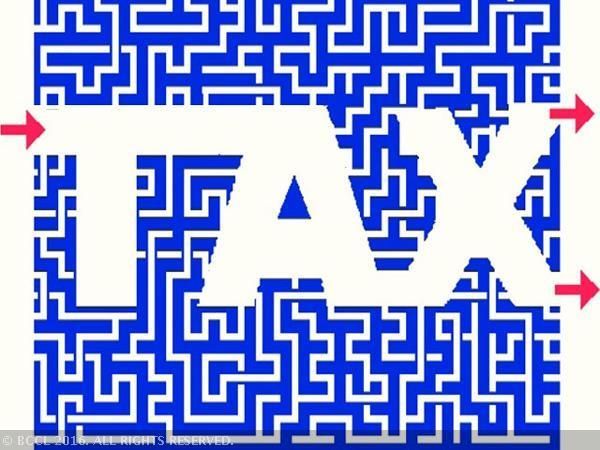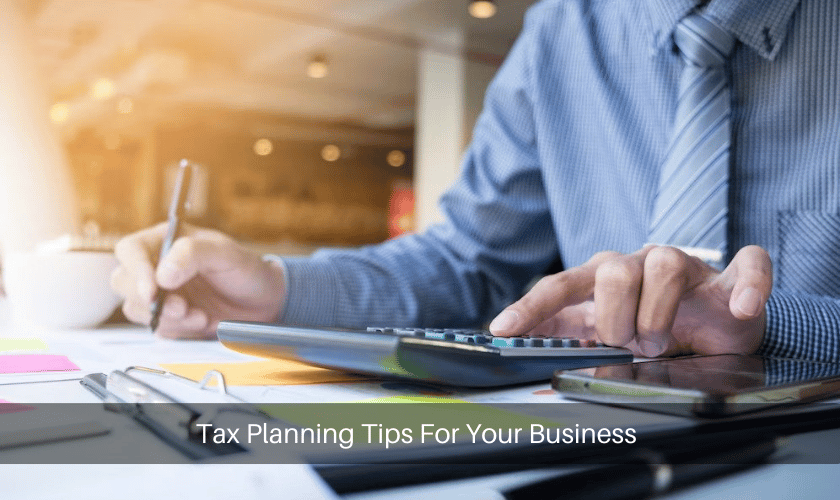Which Assets In Your Startup Is Tax Deductible?

Which Assets In Your Startup Is Tax Deductible?
Taking your business to the next level of success, you must make sure to understand the many expenses that are tax deductible in order to maximize your profits. Typically, business expenses are those costs that are directly involved in the progress of the trade or business and if profits can be made as a direct result of these expenses, then they are qualified for tax deductions.

The costs that become a part of your capital investment are considered capital expenses. These are considered your business’ assets. These include business startup costs, business assets, and improvements. For startups, you can choose to either deduct or amortize the capital costs.
A vital aspect of any startup business looking to expand is to evaluate inventory and itemize each cost at the end of each tax year which is used to evaluate the cost of goods sold. This applies for businesses that manufacture products as well as those that purchase for retail.
Some of these expenses include figuring the cost of goods sold and is deducted from your gross receipts to evaluate your gross profit for the year. In case an expense is included in the cost of goods sold, you cannot deduct it again as a business expense.
It is wise to keep your personal finances and business finances separate so you can itemize more effectively when opting for tax deductions. This is because while your business costs are eligible for tax deductions, your personal expenses are not.
If your business is set up at your home, you can deduct expenses for the business use of your home which include mortgage interest, insurance, utilities and repairs. For car usage in both personal and business purposes, you must divide the costs by mileage and you’ll be eligible for deduction on the business ends.
Other expenses that qualify for tax deductions include the employee payroll, retirement plans for your employees and yourself, rent expense, business interest, and insurance. Business interest includes amounts you may have borrowed for business purposes, and insurance schemes that involve your trade, business, or profession can be qualified for tax relief.
When are they eligible for tax deductions?
Business expenses that are tax deductible must be considered both ordinary and necessary. Ordinary expenses are those that are commonly encountered in the course of business and necessary expenses are those that are useful for your trade and business purposes. Necessary expenses may or may not be considered indispensable to be included in tax deductions. You should always itemize your taxable assets in order to get the most out of tax deductions.




